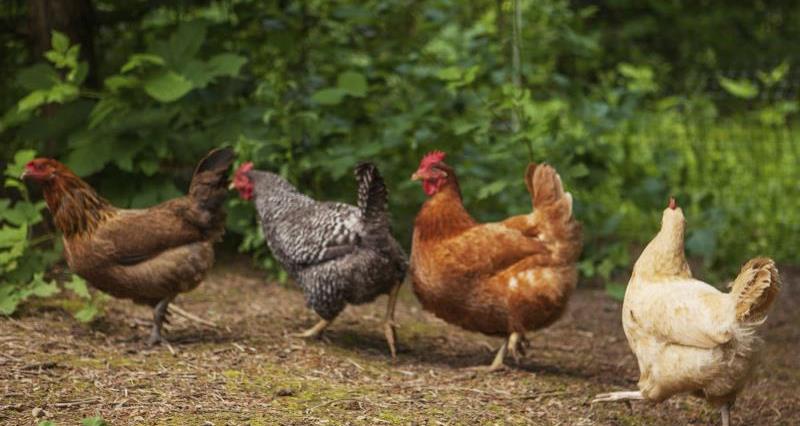From 28 February, Defra’s new Prevention Zone measures are in place. This includes the introduction of Higher Risk Areas, where keepers must continue to keep birds housed or netted. This is due to the risk from wild birds being higher in these areas. They are generally close to large bodies of water where wild waterfowl congregate.
All other keepers can choose to continue to house birds or let birds outside into fenced areas. If they do let birds outside, they must follow strict guidance from Defra to reduce the risk of infection. This includes a risk assessment to check that outside areas are not contaminated and the risk of contact with wild birds is low.
Producers can find out if they are in a Higher Risk Area by using Defra’s interactive map.
Get more NFU advice about the new arrangements here.
NFU Comment:
NFU poultry board chairman Duncan Priestner said: “The health and welfare of all birds is of paramount importance at this time. In addition to protecting the welfare of our birds, the NFU’s priority is the eradication of avian influenza at the earliest opportunity. The NFU is continuing to work with government departments in Westminster and Brussels to achieve this and is supporting our members during this disruptive interim period.
“Free-range producers affected by the amended Prevention Zones face serious threats to their business if they lose their free-range status and are unable to market their products as such. This is a challenging situation for both birds and farmers, but these are temporary measures that are in place to protect the health and welfare of these animals and to prevent the spread of disease. The continued support and understanding from shoppers when buying British eggs and poultry meat is important for these farm businesses at this time.”
